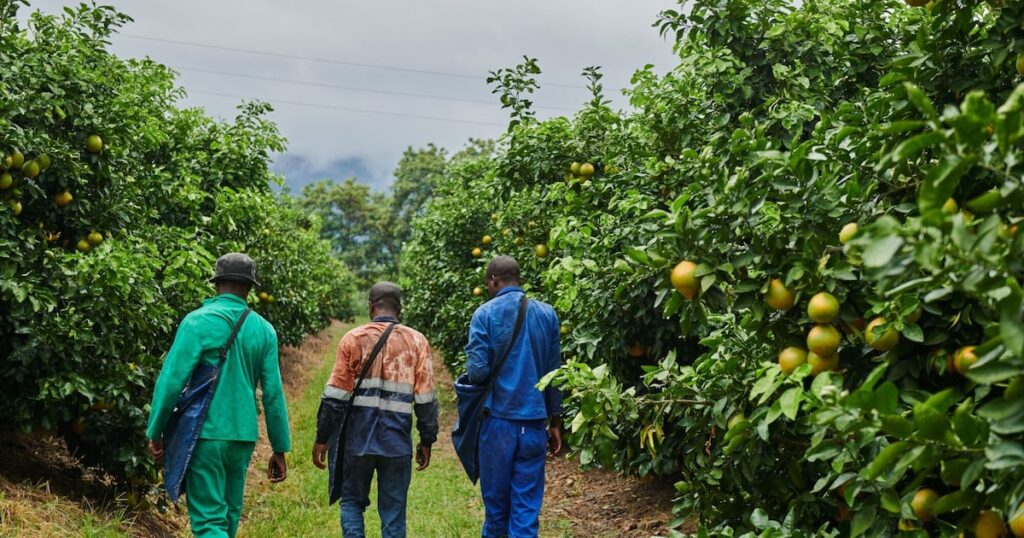(Bloomberg) — South Africa’s $1.9 billion citrus-export industry, the world’s biggest after Spain, faces a new disease threat amid an ongoing dispute with the European Union over fungal infections.
The country said it will start a surveillance program around the southern city of Gqeberha after the African strain of the citrus-greening disease was detected in residential areas there. Gqeberha is the largest city in the Eastern Cape, the second-biggest citrus-growing province in the country.
The program will determine what measures to take, the country’s agriculture department said in a statement on Friday. The insect-borne bacterial disease causes blotching of leaves and reduces the quality of fruit to the point where it can’t be sold or used for processing.
The disease, if it spreads, could spark further protests from Spain, which has motivated for the EU to implement costly pest-control measures on South African imports that imperil the viability of its exports to the bloc, which totaled $847 million last year, according to the National Agricultural Marketing Council. Those measures pertain to the citrus black spot fungal disease and false codling moth, a pest that damages the fruit.
South Africa has asked the World Trade Organization to set up panels to adjudicates its disputes with the EU.
©2024 Bloomberg L.P.
This article was originally published by a www.bnnbloomberg.ca . Read the Original article here. .


